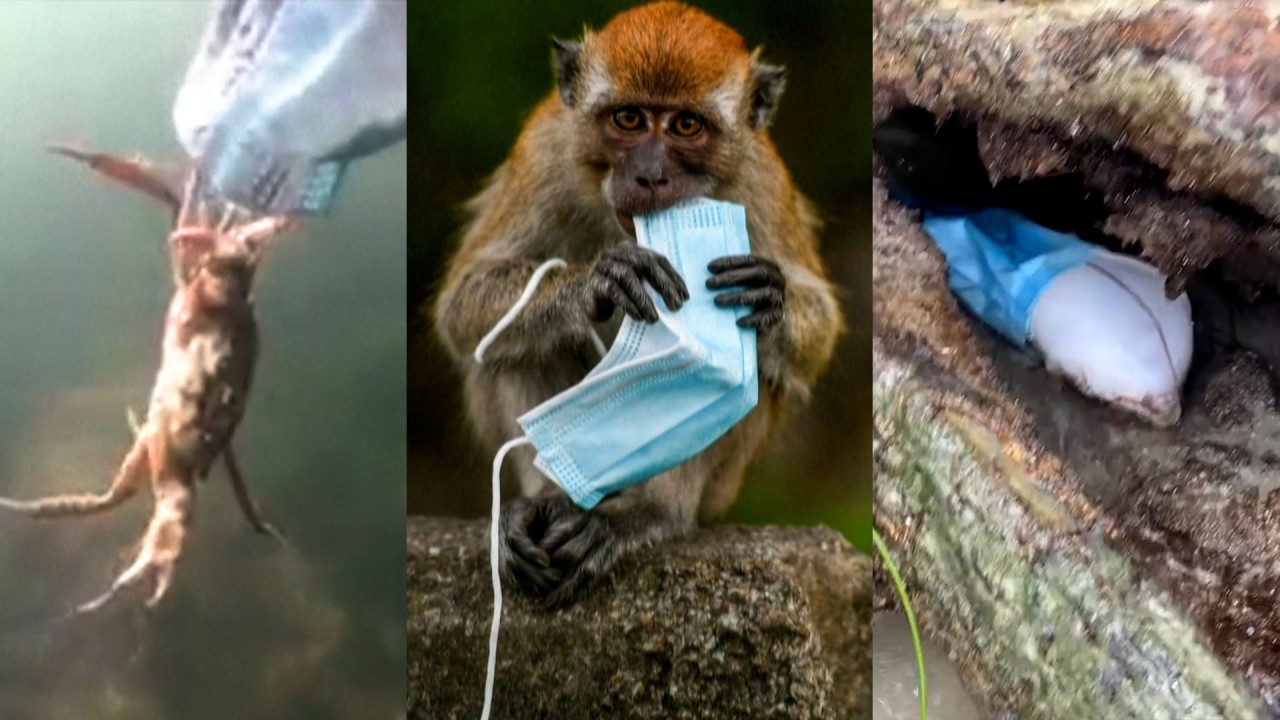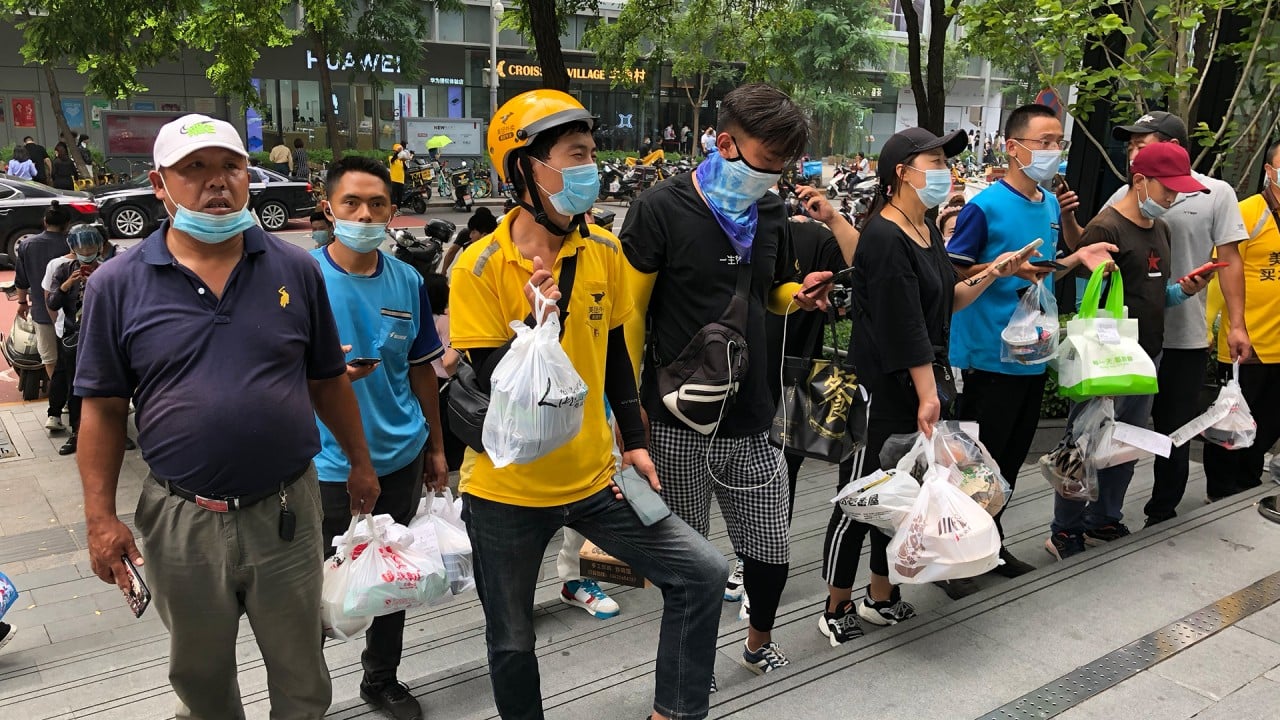
Covid-19’s collateral damage: plastic pollution in our oceans
- Faced with a future of more plastic in the oceans than fish, a possibility heightened by the waste generated as a pandemic by-product, consumers, investors and advocates must push for a ban on single-use plastic
Our oceans need us now. We are already on track to ensure the plastic in our oceans weighs more than all the fish. Back in 2016, it was predicted that it would take until 2050 to reach that point. Now, it seems, we might even get there this decade. Well done us.

There are too many numbers, in fact. The normal thing to do in an article like this would be to list the statistics and make an impressive argument, but numbers don’t always help. We need human scale. Google the numbers if you want; they will blow your mind.
I would rather take you to my local beach. It’s crowded on sunny weekends and there are decent surf banks everywhere.
There’s also never a day when I don’t see plastic on the sand, on nearby paths, or, and these are the most disturbing sightings, in the water.
The other day, I saw three surgical masks floating like jelly fish in the foamy surf. I was reluctant to just pick them up and so scooped them delicately with a crooked index finger. One got away. It will join the billions already out there since the Covid-19 outbreak. This moment at the beach distils the problem.
Our industrial, globalised world is really good at planning to get products to market, to make profits, to build empires. But it’s fairly useless at working out what the implications of all that might be.
The myopic business model that we have used for a century or more can no longer be sustained. The rush to profits and the parallel “need” to cut costs is a broken system.
Or what about when the first computers or mobile phones were being manufactured. Did someone say: OK, these are great products guys, but what about all the toxic stuff in them, you know, like the batteries? If they become really popular, where does all that go? No, no one did.
Pollution ended more lives, human and otherwise, in the last year than Covid-19.
Assuming someone, somewhere was running scenarios on possible pandemics pre-Covid-19, where were the people standing up for the planet? Who was saying, OK, sure we’ll need masks and vaccines, but how are we going to dispose of all the waste?
Going back to that UN Environment conference in Kenya, maybe some good will come of it, but it’s hard to be positive. In reality, the UN can’t really tell countries what to do. It definitely can’t tell corporations what to do. So we have to ask, just what can it do?
However, as consumers, investors and advocates, we do know what to do. And, unlike the UN, we can take direct action. The model is broken. The manufacturing of single-use plastic must be phased out and ended, or our oceans may never forgive us.
James Rose is a journalist, author and bodysurfer



